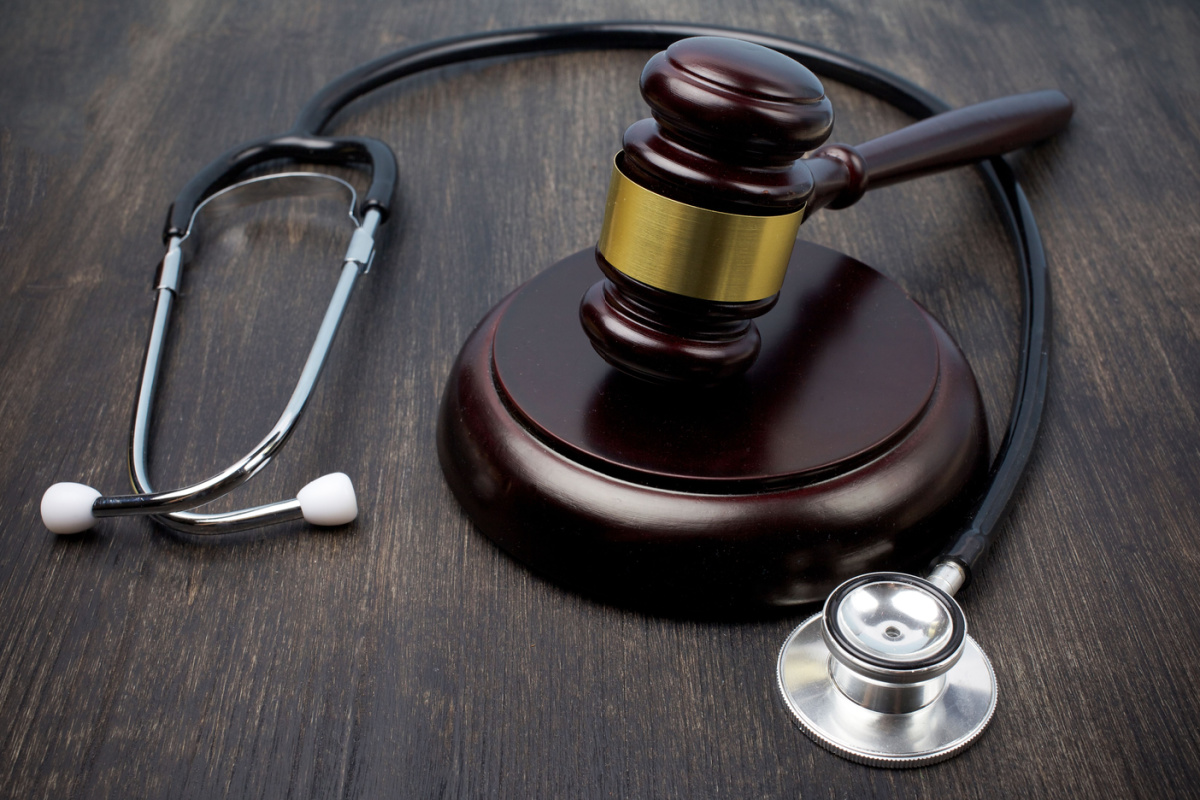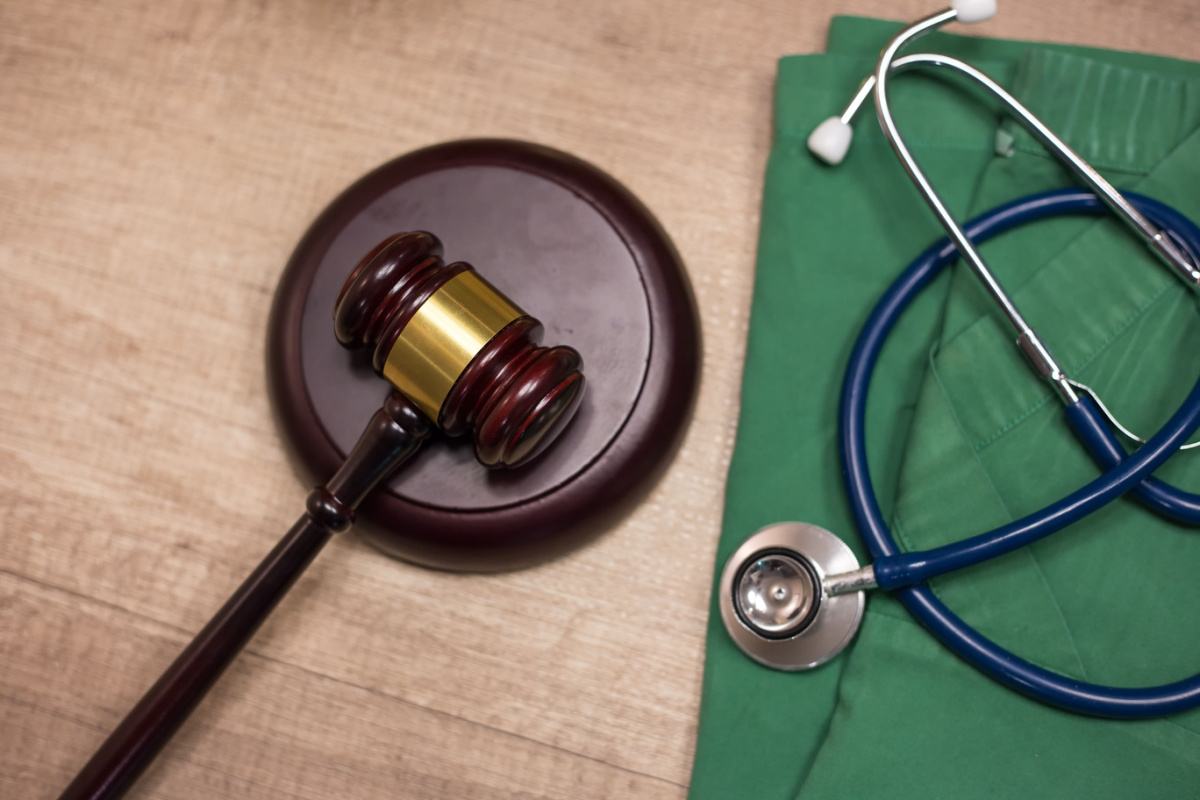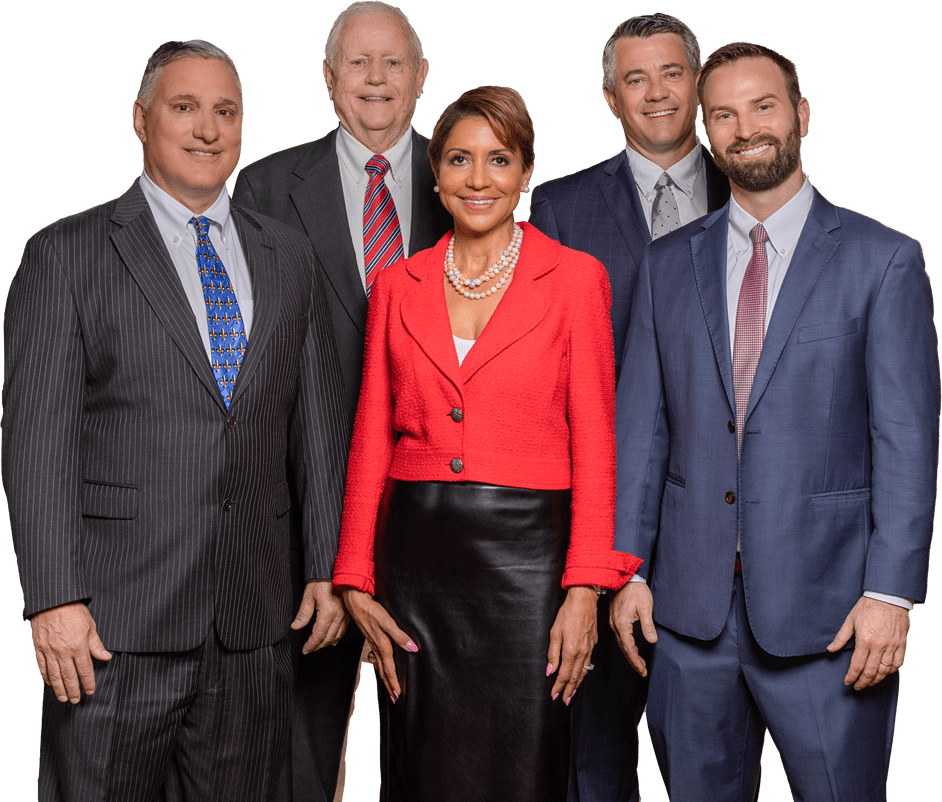
For a few weeks in 2023, the actress Gwyneth Paltrow dominated the headlines in her role as defendant in a personal injury lawsuit, filed against her by a man who claimed he was injured when Paltrow crashed into him on a ski slope in Utah. The media covered every development in the trial (including Paltrow’s outfits) but before the public’s eyes were focused on the actress and her legal troubles, the case went through the standard procedure of all personal injury lawsuits – the discovery process.
The discovery process is a crucial stage in a personal injury lawsuit. It begins after the complaint and answer have been filed in court, setting the stage for the main part of the lawsuit. The goal of discovery is to gather information. This is when both sides collect facts about the case. They share documents, ask each other questions, and conduct interviews known as depositions. All this helps to paint a clear picture of the events that led to the injury. Understanding the discovery process is key, as it ensures all parties are informed and aids in making the legal process transparent and fair.
In a personal injury case, there are several tools used during the discovery process to gather crucial information. One tool is called interrogatories, which are written questions the other party must answer. Another is the request for production, where one side asks the other to provide certain documents related to the case. Depositions involve face-to-face questioning, typically recorded for later use. Finally, there’s the request for admission, which asks the other side to confirm or deny specific facts about the case. These tools can help parties understand the facts of the case, aiding in creating a solid strategy for their lawsuit.
Interrogatories play a significant role in the discovery process of a personal injury case. These are sets of written questions one side sends to the other. The party receiving the interrogatories must respond in writing, and the responses must be truthful. Interrogatories allow for a detailed understanding of the other party’s version of events. They might ask about the facts of the case, a person’s actions, or any witnesses involved. It’s not just about confirming details – the responses can also provide new information. This, in turn, can lead to further investigation and uncover important evidence for the case.
Depositions are a key part of the discovery process in a personal injury lawsuit. They involve a face-to-face meeting where one party’s lawyer asks the other party, or their witnesses, questions about the case. All of this happens under oath, and the answers are recorded. The purpose of a deposition is to gather information about what happened, and to understand the other party’s side of the story in detail. Depositions can also provide a glimpse of how a witness might perform at trial. The information gathered during a deposition can help both parties better prepare for the trial or even encourage a settlement.
In a personal injury lawsuit, document production is a vital part of the discovery process. This involves one side requesting relevant documents from the other side. These documents can be anything from medical records showing the extent of injuries to photographs from the accident scene. Other important documents could include repair estimates, accident reports, and any correspondence about the event. Document production aids in establishing the facts of the case. It allows both parties to examine the evidence, understand the situation better, and build a solid case.
Expert witnesses play a vital role in the discovery process of a personal injury case. These are professionals, such as medical doctors or engineers, who have specialized knowledge in a specific field related to the case. They can provide detailed explanations or opinions about complex issues the average person might not fully understand. For example, a medical expert could explain the severity of an injury and its long-term effects. Similarly, an accident reconstruction expert might analyze the sequence of events leading to an accident. Their expertise can be instrumental in clarifying the facts and helping to build a strong case.
In a personal injury case, the discovery process includes a tool called ‘requests for admission’. This involves one party asking the other to admit or deny certain facts about the case. The main purpose of these requests is to simplify the issues presented at trial. By confirming or denying these facts, parties can focus on the key disputes of the case without having to prove every minor detail. For instance, one party might request the other to admit a traffic light was red at a certain moment. If admitted, it becomes an accepted fact in the case. Requests for admission are thus a vital element in streamlining the lawsuit.
During the discovery phase of a personal injury case, objections and motions can be key elements. If a party believes a question or request for information is inappropriate or irrelevant, they can object. This means they state their disagreement, and the issue is often decided by a judge. Motions, on the other hand, are formal requests made to the court to make a decision about the case. This could be a motion to compel if one party is not providing necessary information, or a motion for protective order if they believe a request is invasive. These actions help maintain fairness and relevance during the discovery process.

Navigating the discovery phase in a personal injury lawsuit requires understanding and preparedness. It starts with organizing all relevant documents, such as medical records, accident reports, and any communication related to the event. These documents will likely be requested during the process. Preparation also involves being ready for depositions, where truthfulness and clarity in responses are paramount. It’s also important to understand the roles of different discovery tools like interrogatories, depositions, and requests for admissions. By knowing what each tool is for and what information it aims to uncover, one can be better prepared for what to expect and how to respond. This preparation can make the discovery phase more manageable.
If you have a personal injury case, call (504) 294-5118 or contact our experienced team for a free consultation.

With over 50 years of legal experience serving families in the New Orleans area and surrounding Louisiana communities, our firm takes pride in providing clients with personalized legal services tailored to individual needs.